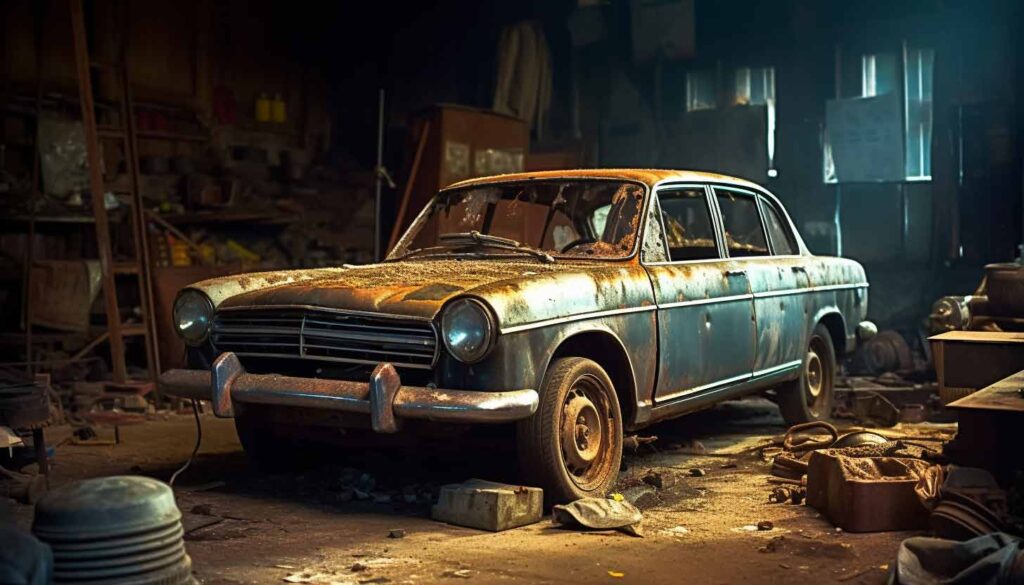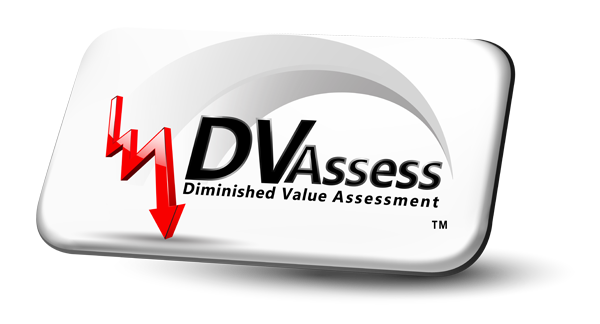
When your vehicle is involved in an accident, its value can take a significant hit even after repairs are completed. This loss in value is known as “diminished value.” Understanding the factors that affect diminished value is crucial for car owners and insurance claimants looking to recover their vehicle’s lost value. In this article, we’ll explore the key factors that influence diminished value, so you can be better prepared when dealing with the aftermath of an accident.
1. Extent of Damage
One of the primary factors affecting a vehicle’s diminished value is the extent of the damage sustained during the accident. Generally, the more severe the damage, the greater the vehicle’s diminished value. Cars with extensive structural damage or those requiring significant repairs are more likely to experience a higher loss in value compared to vehicles with only minor cosmetic issues.
2. Quality of Repairs
The quality of the repairs made to your vehicle can also play a role in its total diminished value. If the repairs are completed by a reputable, certified technician using genuine parts, the diminished value will be limited to what is referred to as inherent diminished value. On the other hand, subpar repairs or the use of aftermarket parts can lead to a higher diminished key factors affecting your vehicle’s diminished valuevalue, as potential buyers may be concerned about the vehicle’s long-term reliability and performance. This is referred to as repair related diminished value and is in excess of the inherent diminished value. However, if repair quality issues are corrected, any associated repair related diminished value then disappears.
3. Vehicle Age and Mileage
The age and mileage of your vehicle can also impact its diminished value. Generally, newer vehicles with lower mileage will experience a more significant loss in value after an accident as their pre-accident value is higher. Older vehicles with higher mileage may have a lower diminished value, as their pre-accident value is already lower due to depreciation.
4.Make and Model
Don’t let the insurance company tell you. The DVASSESS diminished value assessment will provide you with an appropriate loss of value. Insurance companies will almost always try to low ball you. With the DVASSESS diminished value assessment report, you will be able to start the process of achieving a better settlement.
5. Accident History and Carfax Reports
In today’s connected world, the accident history of a vehicle is easily accessible through vehicle history report providers like Carfax. A vehicle with a clean accident history is typically more desirable than one with a history of collisions, which can contribute to its diminished value. Even if your car is repaired to its pre-accident condition, having an accident on its history report can make it less attractive to potential buyers.
How DiminishedValueAssessment.com Can Help
Understanding the factors that affect diminished value can help you make informed decisions when pursuing a diminished value claim or considering the sale of your vehicle. By being aware of the extent of damage, quality of repairs, vehicle age and mileage, make and model, and accident history, you can better assess your vehicle’s diminished value and navigate the process with confidence.
If You're Unsure About Your Car's Diminished Value, Consider the Easiest Option!
Get an accurate, online diminished value report from us. The DVAssess platform has been crafted by expert automotive appraisers boasting over three decades of experience. By collaborating with Black Book, DVAssess can obtain precise trade-in values, considering factors such as:
- The vehicle's year
- Make
- Model
- Trim level
- VIN number, and
- mileage
Our proprietary algorithm, taking into account the damage history, calculates a reliable, market-driven diminished value. This crucial information is then presented in the comprehensive DVAssess diminished value assessment report.




